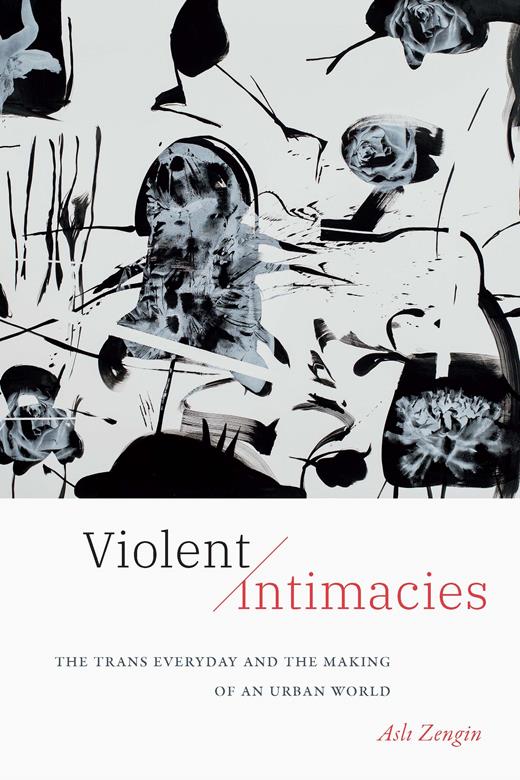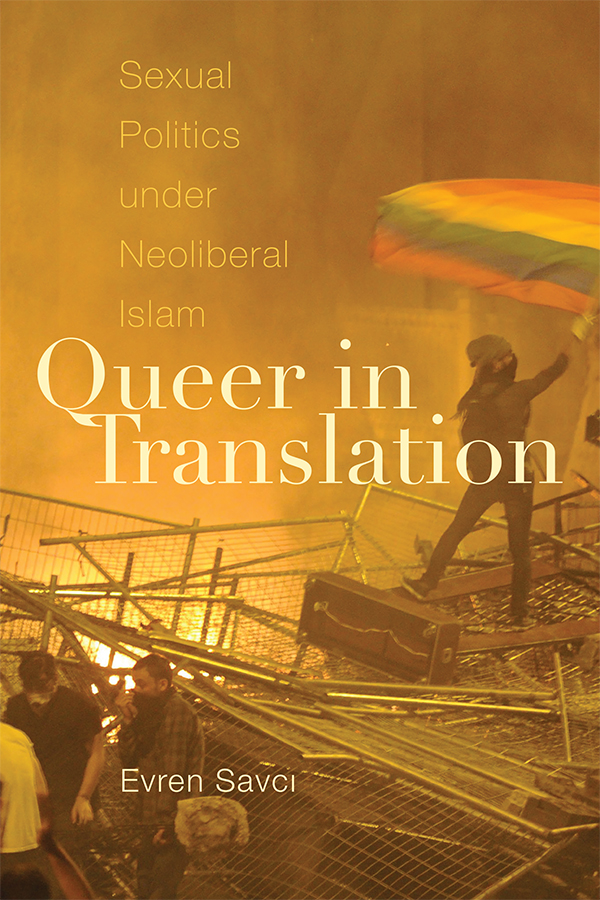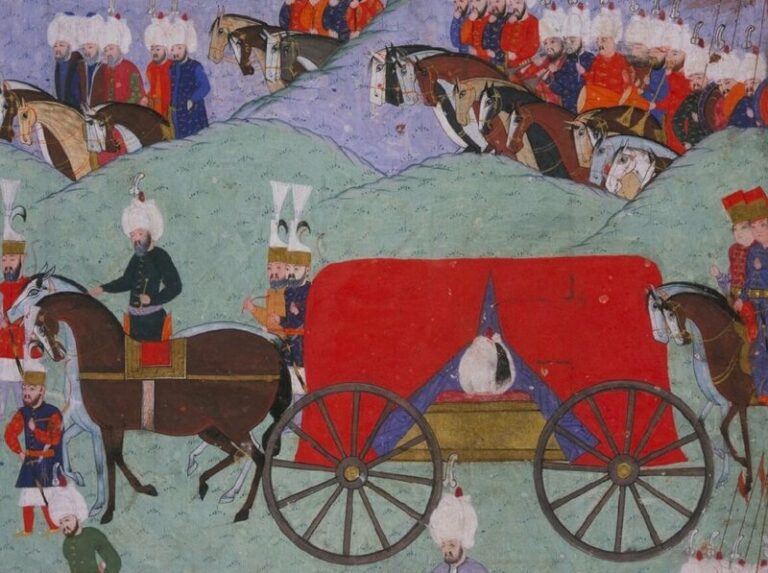Aslı Zengin’s Violent Intimacies theorizes the fraught encounter between the Turkish state and its trans subjects. Introducing the analytic framework of “violent intimacies,” Zengin advances two main claims: structural violence unfolds through intimate contact with gendered bodies, and trans women, in turn, confront this violence with intimate practices of resistance. Zengin’s work marks a significant intervention within trans studies. She pays close attention to the materiality of the body as the location where violence is both enacted and contested—a welcome departure from the tendency towards abstraction in trans theoretical production. She also pushes the field in transnational directions to address experiences of gender transgression beyond North America and Western Europe. A rich ethnography of trans life in Turkey, the text depicts everyday scenes of violent intimacies across several interpersonal and institutional settings: the street, police, medicine, law, and family. Violent Intimacies offers a vibrant account of Turkish trans women who—faced with state neglect and social exclusion—envision alternative ways of building worlds and sustaining life.
Keyword: Turkey
Review of Queer in Translation: Sexual Politics under Neoliberal Islam by Evren Savcı (Duke University Press)
Evren Savcı’s Queer in Translation presents an alternative, both in methodology and analysis, to the Orientalist analytical frameworks typical of Western scholars studying queer politics in Middle Eastern regions. Specifically, Savcı analyzes the rise of Turkey’s Adalet ve Kalınma Partisi (AKP; in English, the Justice and Development Party) to show how the AKP’s increased securitization and oppression of marginalized communities—including, but not limited to, Turkey’s LGBTQ community—is the result of the marriage of Islam and neoliberalism. Savci produces compelling case studies that reveal how Turkey’s weaponization of religion, morality, and capitalism serve to secure the nation against dissenting citizens. From the discourse surrounding the complicated murder of a gay Kurdish man, to unlikely solidarities between religious hijabi women and LGBTQ activists, and the public commons that became Gezi Park, Savci’s critical translation methods reveal how the language to construct and resist securitization in Turkey are far more nuanced than simple attribution to solely Islamist extremism or Western neoliberal influence.
Opposing A Spectacle of Blackness: Arap Baci, Baci Kalfa, Dadi, and the Invention of African Presence in Turkey
The imaging of Africans in Turkey is indicative of the extant register of cultural understanding in the Turkish popular imagination regarding the imaginability, knowability, and understandability of Black form represented. In Turkish popular culture, the figures of the arap baci, baci kalfa, and dadi index this register. This essay takes the representation of Africans on Turkish popular television through the combined usage of blackface-like and drag-like techniques to configure the figures of the arap baci, baci kalfa, and dadi and juxtaposes it against the material ways Turks of African descent have found to figure themselves within the public sphere. This juxtaposition demonstrates how Blackness and Black form are not perennial processes but rather constructed measures that come into relief.


